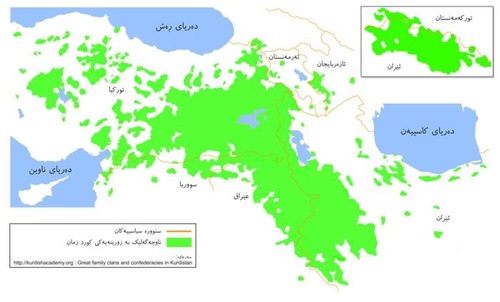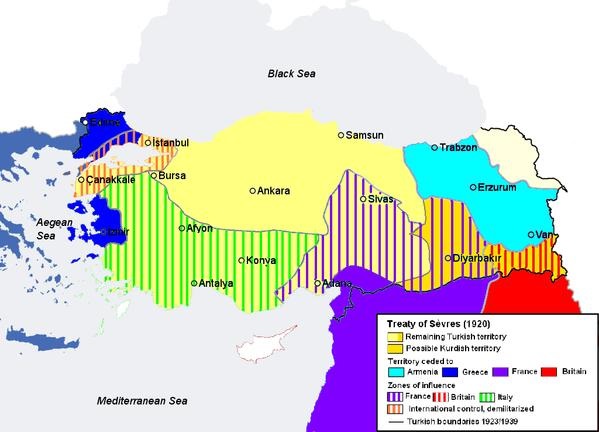The Ottoman Empire, known as the sick man of Europe in the 19th century after World War and the defeat of the Ottoman, German, Austria, and Prussia Empires was planned to be divided into smaller countries by the Allies' forces in some regional and international agreements so that they could get rid of the sick man of Europe who had dominated a vast land in the Middle East. They had a new plan to destroy such a great power with so many strategic lands under their control because they wanted to benefit from the natural resources that were located in these new countries that were supposed to be under their control.
One of those treaties that are related to the new division of the allies on an international stage was the division of the Ottoman Empire based on the Sevres Treaty.
In Kurdistan, many have mistakenly said that the Sevres Treaty was particularly about the Kurds. However, the truth is that this treaty was an agreement signed by the Ottoman Empire, Russia, Britain, and France. This officially made the broken Ottoman Empire give up a large part of the world that was under their control once to the Allies.
This Treaty was Signed on August 10, 1920.
At that time, the Ottoman Empire was ruled by Sultan Mohammad VI and the signing of this treaty led to the rise of Turkish nationalists and the emergence of radical Turk nationalism in the divided Ottoman land.
On the other hand, the Kurds also began their uprisings and movements and many strong Kurdish revolutions took place during that time and before that, within the framework of the Ottoman Empire and the early period of Turkish rules. Similarly, in the South part of Kurdistan, as was mentioned earlier, some strong revolutions such as "Sheikh Mahmud's" revolution had happened. And before that, "Simail Agha Simko" in the East part of Kurdistan and out of the Ottoman lands had organized a large revolution that had influenced the Kurdish regions within the Ottoman borders.
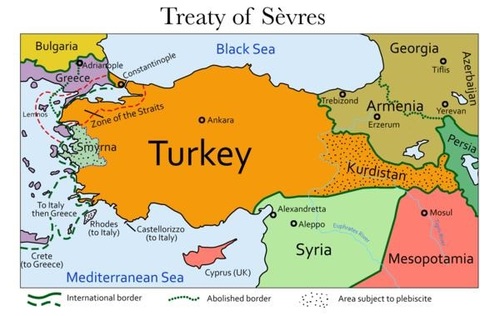
If we put them together, we understand that the winning side of the World War, at the time of redesigning the Middle East map, could not have ignored the extremist Turks and the Kurds who were seeking their rights. The reason for the way I use these descriptions for these two nations is that even at that time and all the times, the Kurds never had any demands more than what was their basic and national rights and they have never invaded any other nation's identity and their claim was in a humanistic direction, however, the Turks and their nationalism had roots in fascism. Even nowadays, in the twenty-first century, this direction has continued. The Turks' actions against Kurds and Armenians in the past century prove this fact.
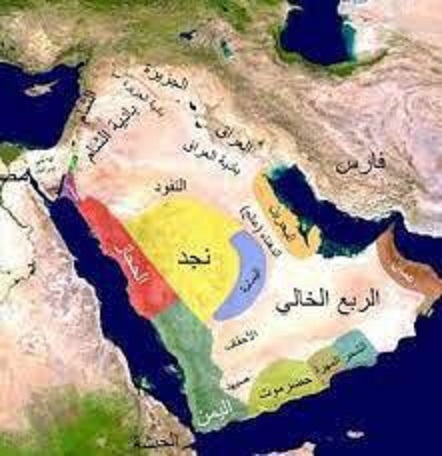
But if we go back to the Sevres Treaty, which was related to the future and political and social fate of four nations of Kurds, Arabs, Turks, and Armenians, we can say that at the point of this agreement, all the issues referring to the wishes and desires of the Turks, Arabs, and Armenian people were implemented and only the Kurds did not get any privileges they were supposed to obtain.
Sevres Treaty contained seven points including:
All the Arabic countries within the Ottoman borders must be separated.
The independence of the Hijaz Kingdom must be officially recognized.
Italy took over a region in southwestern Asia, the islands of Dodecanese and Rhodes in the Aegean Sea; and the rest of the islands were given to Greece.
The eastern Turkish regions and the regions around Izmir were given to Greece.
Bosphorus Strait and Dardanelles Strait became international areas and the surrounding areas of these straits were disarmed.
An independent Armenian Republic was established in the Eastern Anatolian region.
The Kurdish regions in the south of Mosul remained within the borders of the Empire on the condition of gaining the right to independence and this right for their independence was given to the Community of Nations to officially recognize it within a year.
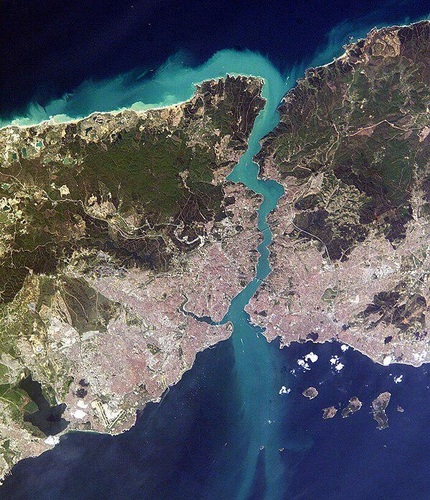
As we can see, five of the above points were directly related to the fate of the peoples of the region. The Turks remained within those borders and built up a Turkish Republic and they subjugated the rights of the other nations. The Arabs had the privilege of establishing several countries and each of them became a member of the international Community. The Armenians obtained their own independent Republic and the Bosphorus and Dardanelles Straits became international sites for transferring energy and international communication. A number of Western countries were granted with some of the islands and sea banks of that area. What was left, was a majority of Kurds in a Kurdistan that remained under Ottoman control. The number of Kurdish citizens was more than some of the Arabic countries and they were much larger than the independent Armenian Republic and their land was four times bigger than Armenia's territory.
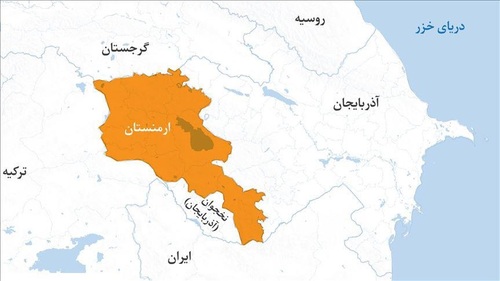
It is clear that the Ottoman Kurdistan was given to France and later as we can see in other treaties, the point that was about the Kurds' rights was ignored. From that time on, these rights have become a debatable topic among the local countries and a reason for the genocide of the Kurds.
If most of the reasons for the failure of the establishment of an independent Kurdistan are due to the importance of Mosul province that included Mosul, Kirkuk, and Suleimani, two of which possessed energy sources, and countries such as Britain, France and Russia had committed to their interests and sacrificed the Kurds' rights, the other part of this failure was due to the division of Kurdish forces at that time.
Lack of unity and a leader and separated uprisings in the various regions, not classifying the rights of Kurdish people by their leaders is one of the reasons that must be mentioned and it must be regarded as a part of the problem that has not let the Sevres Treaty to be realized for Kurds to this very day.
